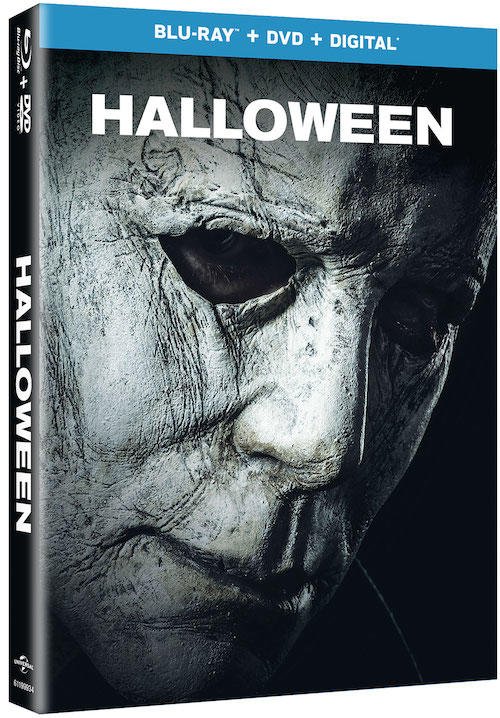After four decades of awful sequels, John Carpenter's 1978 horror classic got its first worthy sequel with "Halloween" (out now on 4K UHD, Blu-ray, DVD and Digital). The movie brilliantly ignores everything from those movies and picks up as a direct sequel that takes place 40 years later.
The movie was co-written by David Gordon Green and Danny McBride, with Green handling the directing chores. They've collaborated before on the twisted HBO black comedy series "Eastbound & Down" and "Vice Principals," and they bring a stoner's fierce focus and passion about horror movies to these proceedings. Imagine your most opinionated hometown friends arguing about how they could do better than Hollywood, except these two had enough ambition and drive to actually get something done.
Their plot revisits Laurie Strode (Jamie Lee Curtis) 40 years after the original movie. Now a grandmother, she's deeply scarred by her high school encounter with Michael Myers and has spent her life prepping for a rematch. Her family (daughter Judy Greer, son-in-law Toby Huss and granddaughter Andi Matichak) think grandma's gone a bit crazy, but she's really struggling to process the psychic wounds from her violent encounters with a brutal killer.
Michael Myers has been silent for 40 years. When a clueless bureaucrat arranges to have him transferred to a new facility on the 40TH ANNIVERSARY of the babysitter murders, he escapes from the bus and gets back to spree killing.
Will Patton is excellent as a grizzled old deputy who was on duty the night of the original killings (stop with your age arithmetic), and he's the only person besides Laurie who recognizes the threat.
The Strode abode has a security system and arms cache that would be overkill in the event of the apocalypse, but it might just be enough to handle Michael Myers.
John Carpenter liked this idea enough to remake and expand his original score. The only possible ding on this nearly perfect movie is that he also got access to better non-analog synthesizers for this recording session. Everything's in tune on this score, which somewhat dials down the terror inspired by the wheezing, haphazard notes generated by his original gear.
That's a minor complaint. "Halloween" is pretty close to perfect, on a level with the 1978 original. This was the biggest-ever horror movie at the box office, and McBride has said he's got ideas for a sequel, so bring it on.






